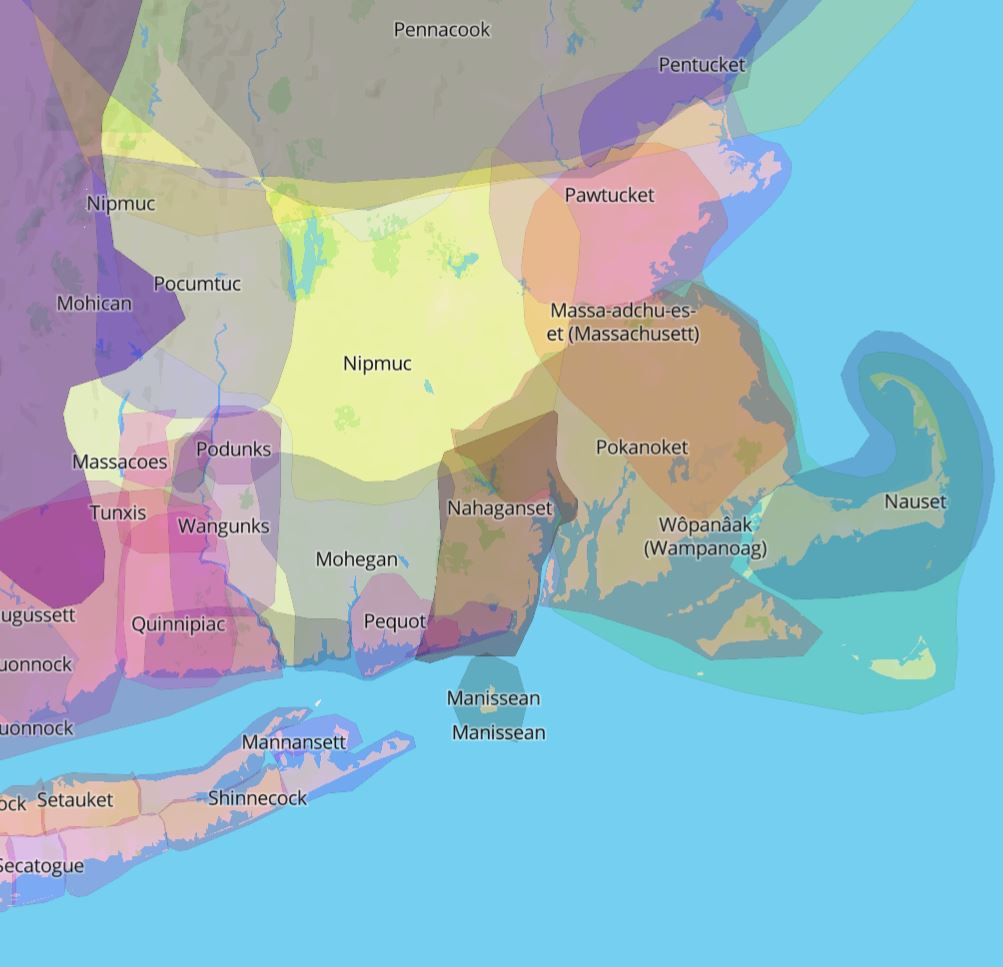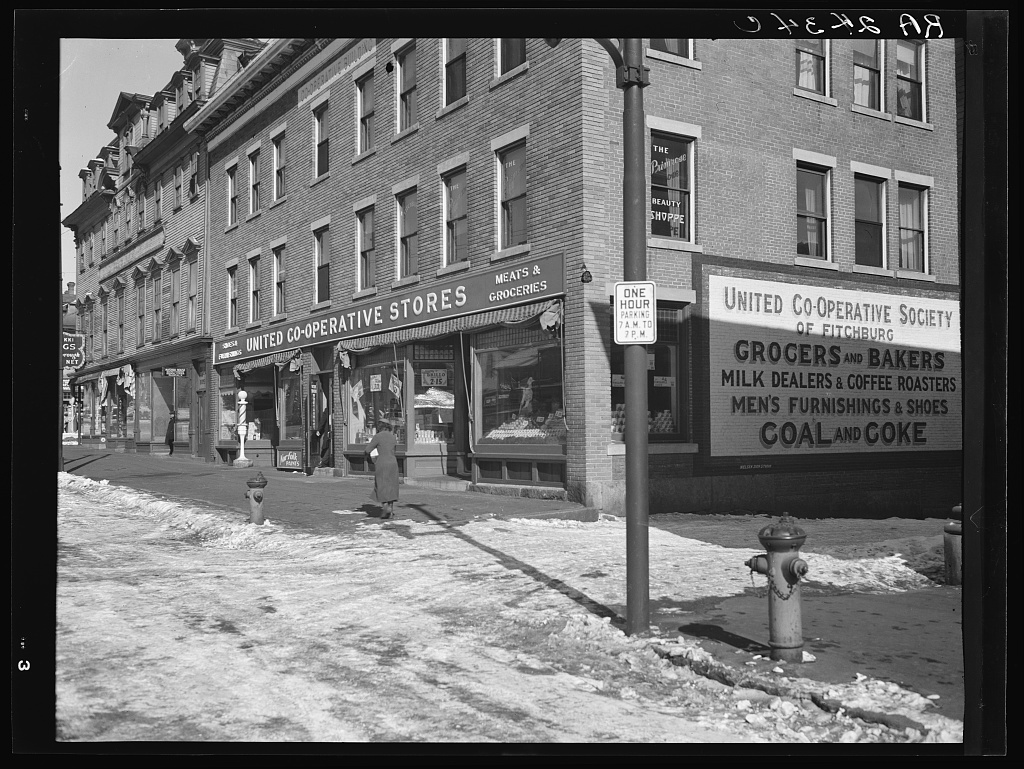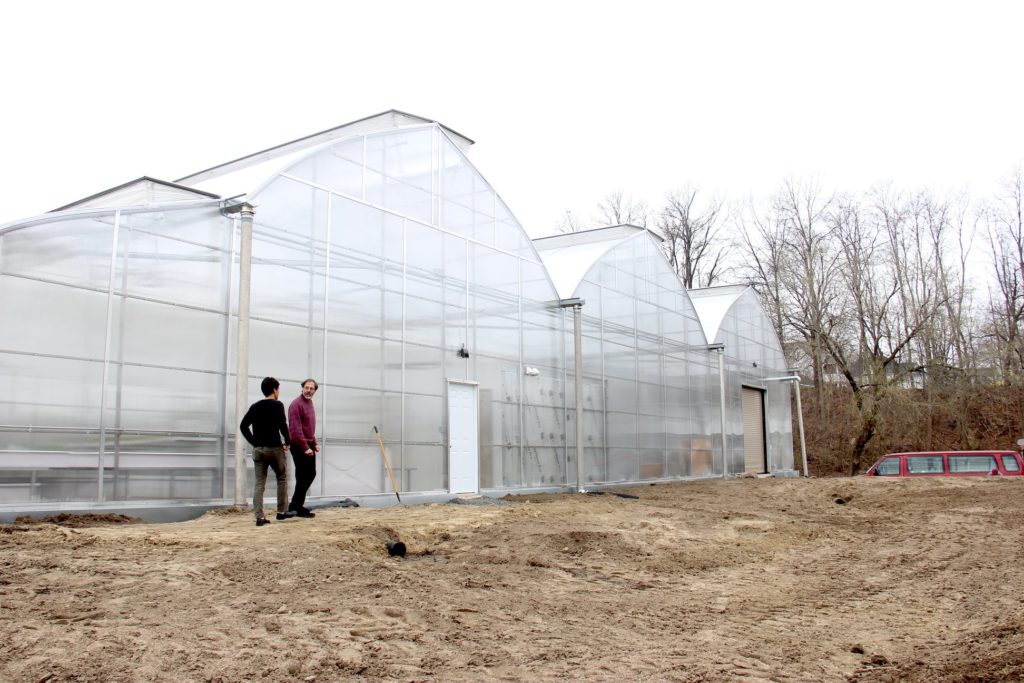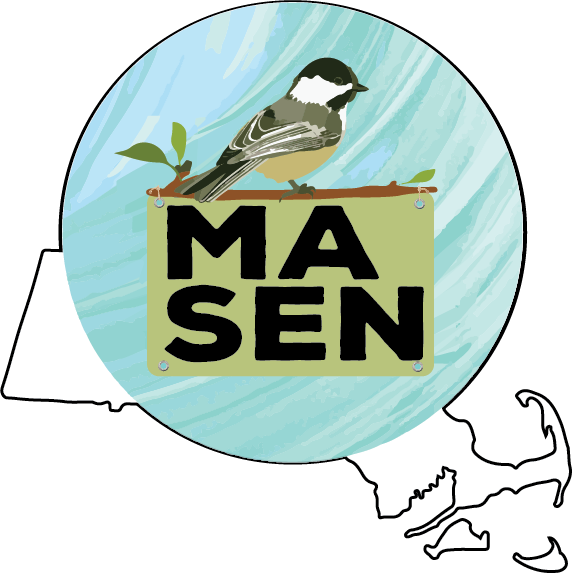
Welcome to the Massachusetts solidarity economy
From a glorious intersection of necessity and vision, communities across the Commonwealth are upholding an age-old tradition of mutual aid and are building infrastructure for collective liberation. Centuries of colonial practices have created unfathomable and obscene concentrations of wealth, accumulated on the backs of poor and mostly Black and Brown people and extracted from the earth without abandon.
Along with the rest of the world, in Massachusetts, many of our most commonplace economic practices, policies, institutions, and cultural norms believe that there are throw-away people and places on a throw-away planet. But in every county of the Commonwealth there are people who know we are indispensable. Communities are finding ways of doing “economics” (creating and sharing value) that are rooted in cooperation, trust, justice and care, not in capitalist ideals of private property, individualism and wealth accumulation.
Grassroots community and policy organizations have long been fighting to defend the line. But imagine if, for every day we spent fighting (for affordable housing, environmental regulation, defunding the police, protecting workers and immigrants etc.), we could have a day for building what comes next.
Often communities on the frontlines of extraction offer the most transformative solutions, since oppressed people have long found ways to survive white supremacy, patriarchy and capitalism through mutual aid and deep relationality. Our long term strategy and our commitment to equity means that our movement prioritizes work in communities at the forefront of that struggle.
The solidarity economy is blooming throughout rural and urban communities across the state, from the Berkshires to the Pioneer Valley, Worcester, Boston, the North Shore and Cape Cod, despite fighting an uphill battle against centuries old capitalist infrastructure. We have community controlled land, are decommodifying housing and re-establishing the commons. We have worker owned cooperatives of all sizes working locally and internationally in dozens of industries, from pickles and coffee to construction and landscaping.
We have restorative and transformative justice practices and visions eating away at our state’s racist, punishment based carceral and policing system. We have communities pooling financial resources to invest in infrastructure advancing collective empowerment, while fighting poverty and white supremacy. We have consumer and producer cooperatives that allow small buyers to access large scale pricing. We have time banks and local currencies that shift our dependency on the US dollar and facilitate flow of community resources. We have energy cooperatives, solar gardens, community rooted regenerative agriculture and carbon farming to feed our people and restore our relationship with land and the elements.
We call this the solidarity economy. Isolated, these are a handful of examples in a sea of capitalism, but together we are a movement, building a bridge out of here.
Check out the Massachusetts Solidarity Economy Map here.


